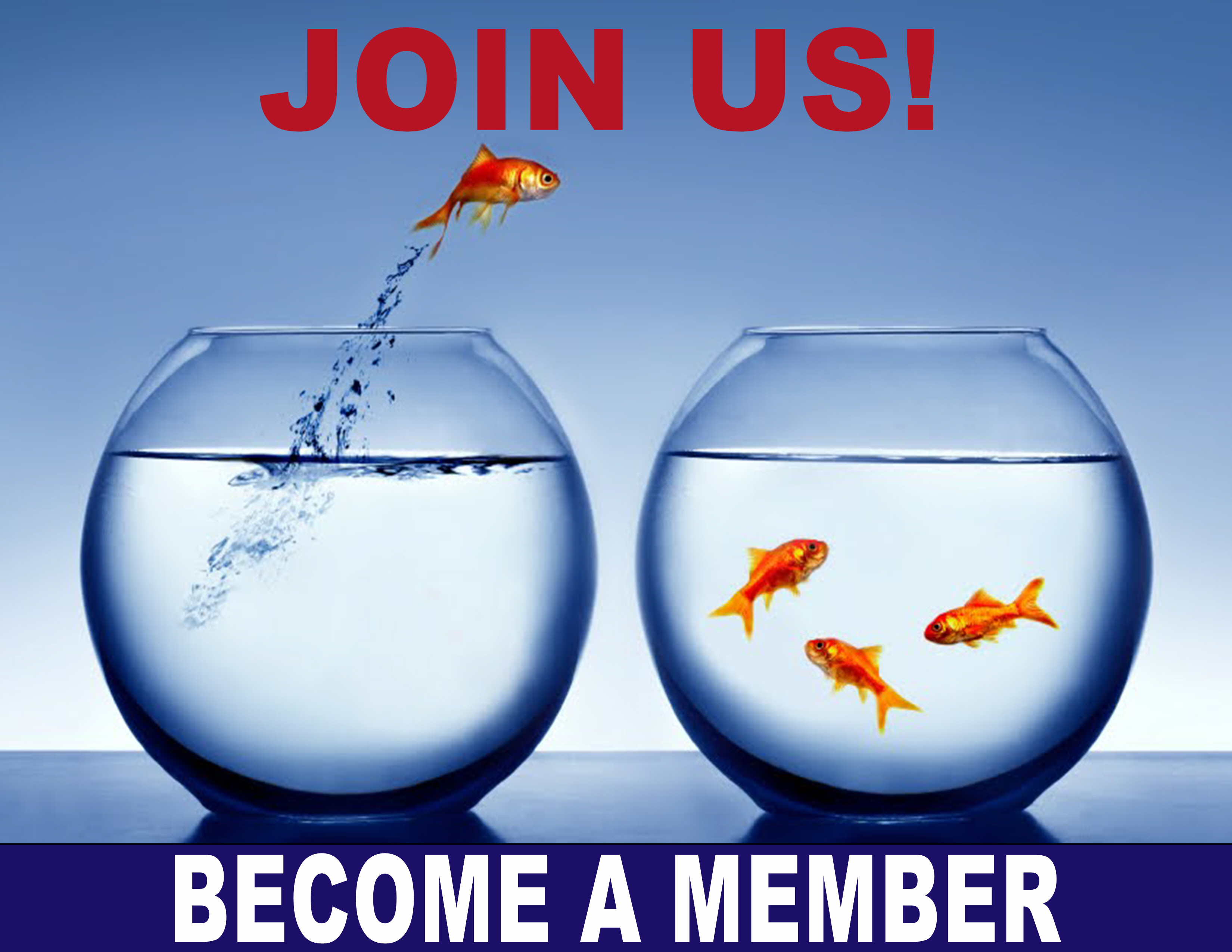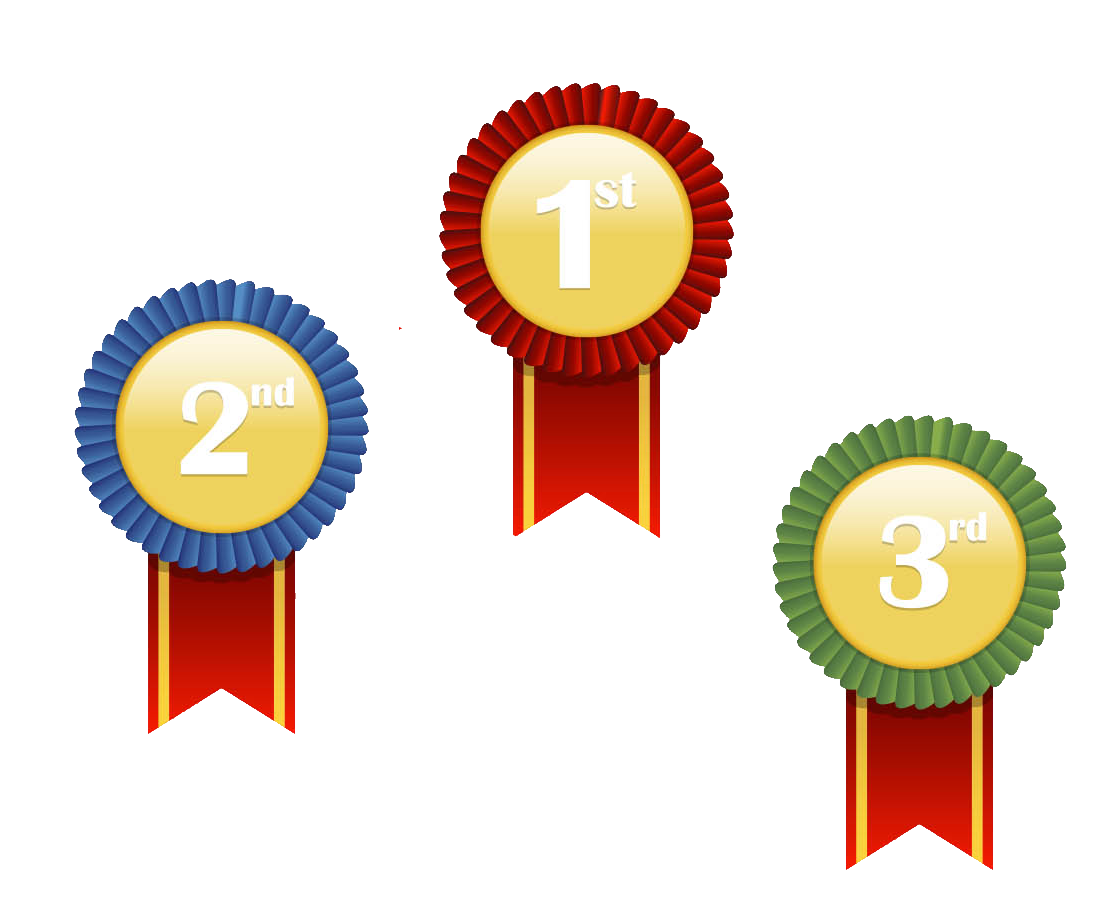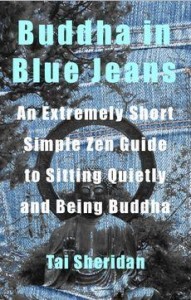 Submitted by Feathersmith on
Submitted by Feathersmith on

Image by Sammy-Sander from Pixabay
We’ve all seen egocentrism in action: The couple at the airport standing with their bags in the middle of the moving sidewalk, oblivious to those behind them who may need to pass. The driver leaning on his horn because someone in front of him remains stopped when the light turns green—to allow a pedestrian to finish crossing. The politician who takes credit for all apparent successes and blames opponents for all failures.
We’ve not only seen situations like these, we’ve almost certainly been the offending party ourselves at times. Falling for egocentric traps, or what some researchers call “egocentricity biases,” is a universal tendency. Like it or not, we’re all a bit egocentric simply by virtue of being human. It may even seem as though today’s society encourages egocentrism—or at least discourages us from taking steps to fight this automatic pull.
How can we go beyond the self to consider not only the needs of others but the effects of our actions on their well-being? Why is it so difficult to let go of our own perspective long enough to see the world through someone else’s eyes?
All Too Human
We are, by default, the center of our world. During infancy we are not only unable to put ourselves in anyone else’s shoes, we are unaware that anyone else has shoes—much less feelings, outlooks or experiences that don’t match our own.
As we grow, however, we (typically) develop what is referred to as “theory of mind,” the ability to attribute mental states to others beyond the self. By the time we’re adults, provided we have had diligent caretakers and the necessary psychological resources, we should be pretty good at imagining the world through other people’s eyes when we remind ourselves to do so.
The challenge is that we do have to consciously remind ourselves: no matter how successfully we transition from normal childhood egocentrism to the adult variety, the human brain never outgrows its susceptibility to egocentric biases that operate just outside our conscious awareness. It might be a tendency to ignore evidence and information that doesn’t support our thinking. Or maybe it’s the tendency to overlook complexities in favor of simplistic notions that allow us to come to quick and easy judgments. We also tend to evaluate our own traits and abilities egocentrically. And self-righteousness isn’t just a potential pitfall for religious fanatics; people in general tend to see themselves as less likely to act immorally than others and to evaluate their own leadership skills more generously.
“Egocentric righteousness describes a tendency to feel superior based on the belief that one has actually figured out how the world works.”
These biases operate in the background even when (or perhaps especially when) we’re fully convinced we have someone else’s best interest in mind. Although it makes a great line for a love song or a lullaby, no one else can really be our “everything” in quite the same way we are. No matter how much we may love someone, or how selfless we think we can be, it’s no easy feat to intuit the experiences of others and anticipate and respond with perfect accuracy to their feelings, beliefs and reactions. But learning this skill to the best of our ability is the key to preventing and healing conflict and building healthy relationships. Sometimes called “perspective-taking,” it requires empathy and often a hefty imagination.
Those who make it to adulthood without this skill exhibit an apparent lack of awareness of or concern about others and their needs, and how what they do affects other people. We might call this an “egocentric” mindset.
Egocentrism or Narcissism?
Egocentrism is often confused with narcissism, but while the two states can overlap, they are distinct. Narcissism involves self-love and admiration—a sense that you’re special and deserving of special entitlement. Egocentrism is the tendency to confuse your own reality with that of others. In other words, you assume your perspective takes all relevant information into consideration. You can be a narcissist without being any more egocentric than anyone else, seeing another person’s point of view but not caring about it. Your point of view is more important. You can also be egocentric without being narcissistic. Perhaps you sincerely care for others, but you think your view of what’s best for them is more relevant than theirs—that is, on the off chance you’ve considered that their needs and desires might differ from yours.
Narcissism
The name of the social condition popularly known as narcissism comes from Greek mythology. According to one version of the tale, Narcissus was the son of the mythological river god Cephissus and the nymph Liriope, and his beauty caused all who saw him to fall in love with him. Narcissus, however, rejected all his admirers.
Among those who were enamored with him was a nymph named Echo. She was so distraught over his rejection that she withdrew to a lonely spot and faded until all that was left of her was a whisper. According to the story, the Greek gods heard the rejected girl’s prayers for vengeance and caused Narcissus to fall in love with his reflection in a pool of water. Spellbound by the sight of himself, he couldn’t tear himself away from the edge of the pool. As he gazed unceasingly at his own image, he pined away and died.
The term narcissist has come to refer to someone who indulges in self-worship or is in some way excessively self-absorbed.
Egocentric biases are not benign, even to their host. For instance, assuming that another’s actions and behaviors are negatively focused on us (when in fact we’re not on that person’s radar at all) can lead to depression, anxiety, low self-esteem and numerous other mental health issues.
It may seem ironic to begin by looking at how we can benefit from fighting our own egocentric tendencies, but we have to start somewhere. As social beings we depend on social connection to maintain and support mental health and longevity. And we can’t succeed at social connection if we don’t regularly take into account the perspectives of those around us. In fact, this is a key aspect of emotional intelligence, which contributes to success at home, in the schoolroom and in the workplace.
Moving from Self to Other
Because of the wide popularity of his books on social and emotional intelligence, psychologist Daniel Goleman is well known for pointing out the importance of self-awareness and other-awareness in our emotions and relationships. His interest in the topic was awakened in 1990 after he read a journal article by psychologists John Mayer and Peter Salovey establishing emotional intelligence as a measureable human quality.
The term has since taken on a life of its own. It’s often confused with simple empathy in popular culture, but the definition of emotional intelligence proposed by Mayer and Salovey is more complex than the popular version. It includes “the ability to perceive and express emotion, assimilate emotion in thought, understand and reason with emotion, and regulate emotion in the self and others.”
Empathy is certainly a requirement of emotional intelligence, but so is the ability to regulate our thoughts and behavior so as to have a positive effect on our own lives and on our relationships with others. In his 2016 book The 3 Dimensions of Emotions, psychologist Sam Alibrando refers to these qualities as power, heart and mindfulness. Others have identified them in different but familiar terms. For instance, he points out, physiologists refer to three emotional responses to conflict and fear as “fight, flight, and freeze and appease.” Psychoanalyst Karen Horney described them as moving against (fight), moving away (flight) and moving toward (freeze/appease).
But these dynamics may have been recognized much longer ago. Alibrando suggests that Paul of Tarsus referred to similar forces in terms of power, love and a sound mind. For the first-century apostle Paul, these are aspects of the Holy Spirit at work in the human mind and provide the antidote to reacting in fear.
“For God has not given us a spirit of fear, but of power and of love and of a sound mind.”
In Alibrando’s model, each of the three modes of reacting can have a positive or a negative charge, but to reflect emotional intelligence, all three need to be balanced and firing in positive mode. We can all spot negative modes of exercising power: domination, arrogance, violence. But can love express itself negatively? Perhaps it helps to think of it as a lack of emotional boundaries: emotional dependence, passive aggression, emotional manipulation, false humility, permissiveness, codependence. The negative form of mindfulness would include being detached, aloof, avoidant, disconnected, isolated. It’s easy to see how each of these negative traits can occur as a knee-jerk response to some form of fear.
With these considerations in mind, it’s clear that Paul would have been speaking to the positive charge of each dimension. For instance, the use of godly power to help rather than control others. The kind of love that is based on godly outgoing concern and respect for others rather than on what one gets out of a relationship. And the godly soundness of mind that assesses a situation with truth, wisdom and self-control, all within a context that reflects an accurate awareness of self and others instead of retreating to ruminate over perceived slights.
Seen in this light, according to Paul, the spiritual antidote to fear would also seem to be the antidote to egocentrism. To the degree that we are enabled to exercise power in a positive way that expresses outgoing love and concern for others, grounded in godly wisdom, and with mindful awareness of their real needs and our own motivations, we reduce our tendency to fall prey to our natural egocentric dispositions.
People who are enabled to control and balance these emotional responses are good at not only perspective-taking—perceiving and understanding the emotions of others—but also managing their own emotions and behaviors in light of this understanding. In other words, they become self-aware enough to recognize their own feelings so they can identify the same feelings and perspectives in others. But they become “other aware” enough to grasp that another’s feelings and perspectives might be different from their own. They then can think critically about how to adjust their response appropriately.
Relating with the right kind of power, love and sound mind means more than just trying to read someone’s expressions or body language, or making deductions based on behavior. Those who become best at perspective-taking will actively seek information about another’s experience, whether by walking an empathetic mile in his or her shoes or simply by asking the person.
It’s hardly surprising that we can benefit greatly once we understand why others feel and behave as they do. We begin to feel more compassion for them, as well as for others in similar situations. We are more willing to share their joys and sorrows, and to support them both materially and socially. What may be unexpected is that the effect is reciprocal. When others perceive that we’ve gone to the trouble of trying to understand them, their compassion and affinity toward us are also enhanced, and the barriers to emotional connection begin to come down; our respective egocentric biases are reduced.
As a direct result, we’re less likely to experience conflict; but if we do, we’ll almost certainly resolve it and then move on to deeper mutual understanding and a stronger relationship.
What might this look like in one of our opening scenarios? Let’s take the couple on the moving sidewalk: Through self-awareness they would realize that they’re taking up the entire width of the walkway, leaving no room for anyone to pass. Awareness of others would make them mindful that, while they themselves may have plenty of time to make their flight, others may need to get by so as not to miss theirs. Love, empathy or outgoing concern would motivate them to move, with their luggage, to one side of the moving sidewalk.
To overcome egocentrism requires that all three dynamics come into play together. Power and awareness without care for others manifests essentially as narcissism. Similarly, we might care about and even exercise our power to intervene for someone, but without awareness of a person’s actual needs, our attempt at altruism might hurt more than help. Or we might be aware of others’ needs and care about them, but if we fail to exercise our power to respond, our good intentions are useless.
On the other hand, when we’re firing effectively on all three cylinders—exercising proper power, love and a sound mind—we’re propelled beyond the self in our interactions. Egocentrism takes a back seat, and we can approach our relationships with a unique form of wisdom. Whether one calls it emotional intelligence or something else, it’s a quality that has possibly never been more rare; in fact, as Paul taught, in its purest form it’s a God-given gift. How to begin the process of acquiring that gift is the heart of Paul’s teaching about real change.
Gina Stepp https://www.vision.org/get-over-yourself-becoming-your-best-you-6833


































































































